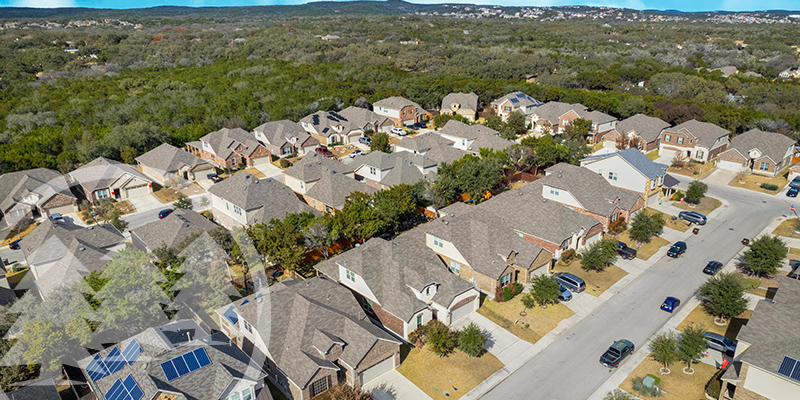The North Carolina House Select Committee met for one final time on February 28, 2024. They met to discuss and provide a legislative update on homeowners associations in the state.
Proposals Under the Legislative Update
House Bill 311 created the NC House Select Committee to examine condominium associations and planned communities, including their relevant issues and applicable laws. The committee has several recommendations under five categories.
Association Records
The committee recommends changes to HOA and condo association laws on association records to provide that:
- Community associations must make records obtainable under existing law reasonably available for examination within 30 days of an owner’s written request
- Associations are not required to produce financial records made over three years before the owner’s request
Assessment Increases
In the legislative update, the committee’s recommendations would change the laws for HOAs and condo associations regarding assessment increases to provide that:
- If a proposed budget increases the year’s dues by over 10%, the HOA will need a majority vote of all association (or a larger vote specified by the declaration) owners unless the declaration explicitly authorizes the amount of the increase
- After budget ratification, the board cannot take action that would increase the budgeted joint expense liabilities by more than 5% without a majority vote of all owners or a larger vote specified by the declaration
Collection of Unpaid Assessments
Community associations often place liens for non-payment of dues. In extreme cases, they may even foreclose the owner’s property after placing the lien. However, the committee recommends changes to HOA and condo laws to provide that the following conditions must be met before foreclosure:
- The lien amount is equal to or greater than six months’ worth of assessments or $2,500, whichever is less
- The association offered the delinquent owner a reasonable opportunity to cure the default by paying dues under an installment schedule, and the owner either declined the offer or defaulted on the agreed installment schedule payments
Pre-Litigation Mediation
In 2013, the NC General Assembly made voluntary pre-litigation mediation for specific disputes in condominiums and homeowners associations. The committee now recommends that mediation be mandatory instead of voluntary unless all parties waive the requirement. As a result, associations and community members must attempt mediation before filing a civil lawsuit under their governing documents, Planned Community Act, or Condominium Act. This could also result in a dismissal of the lawsuit.
Reporting on Association Complaints
The committee recommends that the NC Department of Justice record and receive all complaints concerning member vs. association disputes. They would need to create a complaint form on their website. The DOJ would also gather information from homeowners to compile statistical information on the types and numbers of homeowner complaints.
With this information, the DOJ would report the statistics yearly to the House Standing Committee on Commerce, the Senate Standing Committee on Commerce and Insurance, and the Fiscal Research Division. The DOJ would need to publish the report on its website. However, the department would only compile information for statistical purposes. It will not be an arbiter in the disputes between members and associations.
Legislative Update: Thoughts from Experts
The legislative update and its proposals seem like common approaches for resolving homeowners’ complaints. However, experts say the details and final wording of the proposed bill will make all the difference. It will determine whether the law causes confusion or helps homeowners and planned communities.
For example, the proposed laws would prevent foreclosure unless there is a six-month nonpayment of dues. This might seem reasonable, but experts say the initial wording could allow all owners to be delayed indefinitely for up to five months on dues without being subject to foreclosure. As a result, the other homeowners might end up shouldering the financial obligation of these delinquent homeowners. Despite the well-intentioned legislative update, it will be hard to create solutions that work for HOAs of all kinds and sizes.






